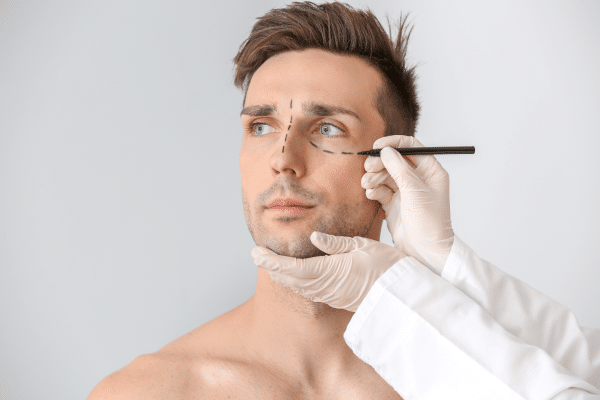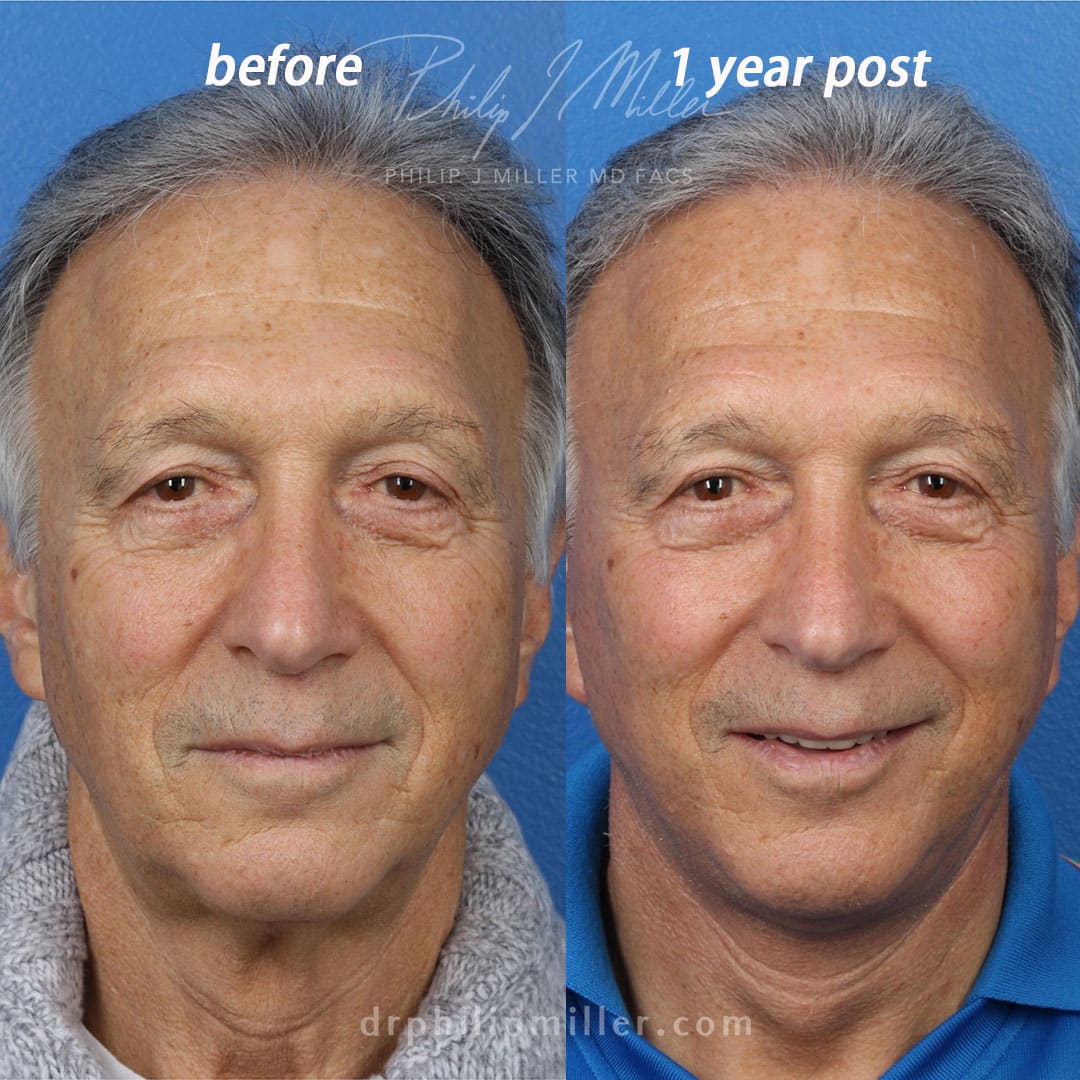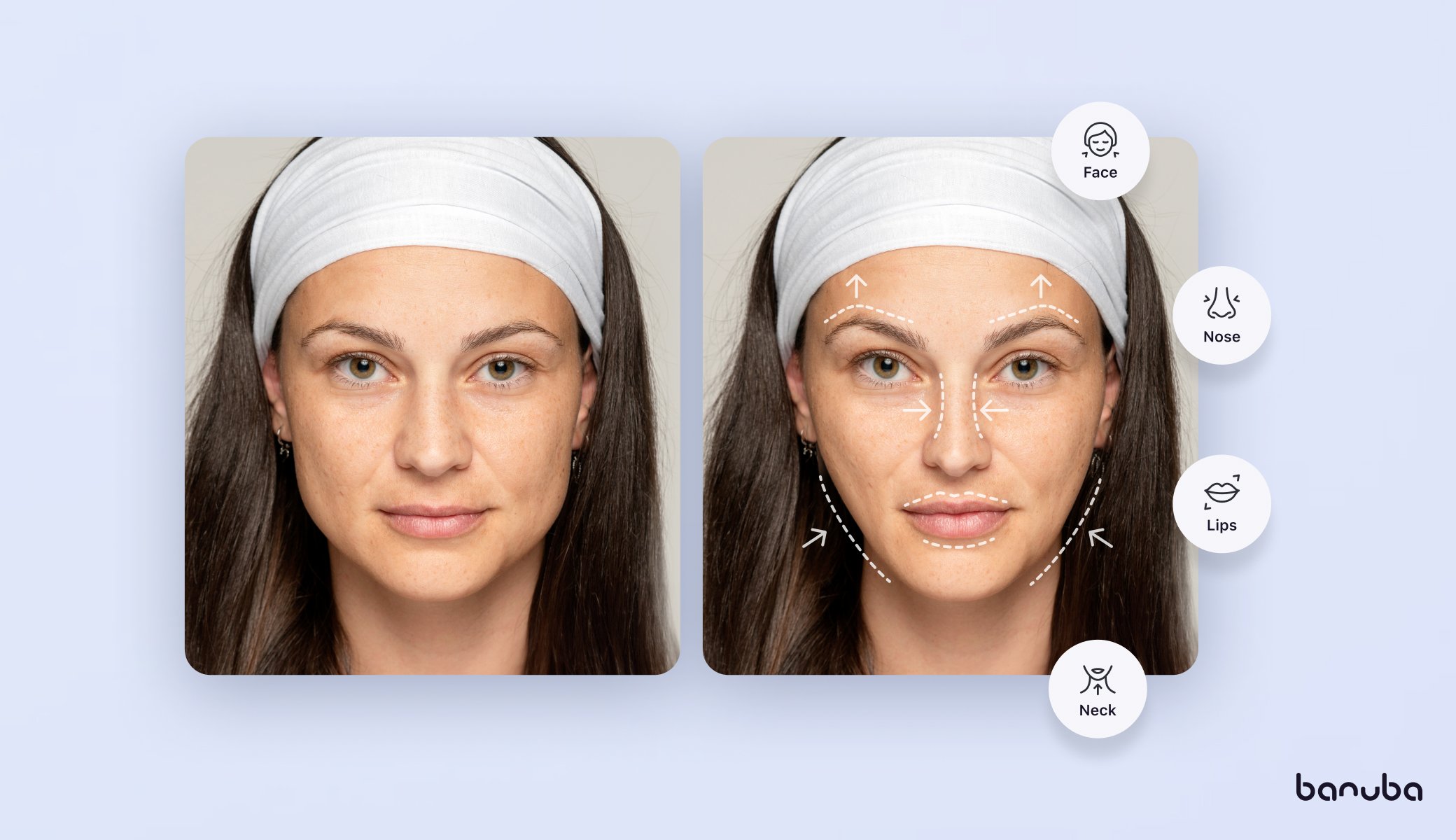A Deep Study the Usual Validation for Looking For Aesthetic Surgical Treatment: Unpacking the Desire for Adjustment and Self-Improvement

Societal Pressures and Charm Requirements
Regularly, societal stress and dominating elegance standards play a substantial duty in people' choices to go after plastic surgery (liposuction bellevue). In contemporary society, visual representation greatly affects individual assumptions of good looks, usually continued by media, celeb recommendations, and social platforms. These channels regularly promote idealized versions of elegance, leading people to internalize these requirements and examine their self-regard versus them

Additionally, these pressures are not restricted to specific demographics; they affect people throughout different ages, sexes, and backgrounds, highlighting the prevalent nature of elegance criteria. This extensive influence elevates crucial concerns about the values of plastic surgery and the effects of social standards on individual choices. Inevitably, understanding these stress is critical for promoting a much more inclusive meaning of charm that celebrates diversity.
Personal Experiences and Transformative Stories
Several people that undergo cosmetic surgery record transformative experiences that extend past mere physical changes. For lots of, these procedures work as a catalyst for enhanced self-worth and a restored feeling of identity. Patients regularly explain sensation liberated from enduring instabilities, leading to enhanced self-confidence in both expert and personal worlds.
Take, for example, the story of a young female that undertook breast enhancement after years of sensation uncomfortable concerning her appearance. Post-surgery, she reported not just a newly found comfort in her body however additionally a significant improvement in her social life and career possibilities. Similarly, a middle-aged male that chose to go through a renovation shared just how the procedure revitalized his overview on life, motivating him to seek new rate of interests and partnerships.

Emotional Factors Behind Cosmetic Surgical Procedure
Various emotional elements contribute to the choice to undergo cosmetic surgical treatment, reflecting much deeper psychological and psychological wellness considerations. Individuals typically go after medical improvements as a means to deal with feelings of inadequacy, low self-worth, or frustration with their appearance. These mental motivations can be rooted in past experiences, social comparisons, or individual aspirations.
Body image distortion is a prevalent issue, where individuals perceive their physical qualities in an exaggeratedly unfavorable light. This distortion can cause compulsive ideas concerning regarded imperfections, motivating the need for medical change as a solution. Additionally, the search of excellence and social pressures can intensify these sensations, pressing individuals toward cosmetic procedures in hopes of achieving an idealized variation of themselves.
In addition, the principle of self-improvement plays an important function. Lots of individuals see plastic surgery as a path to improve their lifestyle, thinking that improved appearance will certainly cause enhanced social acceptance, better relationships, or boosted occupation opportunities. Inevitably, the psychological variables behind plastic surgery site here emphasize the complex interplay in between individual self-perception and external influences, exposing the diverse nature of the wish for change.
The Duty of Media in Understanding
In today's society, media plays a crucial role in shaping assumptions of appeal and self-worth. Via various platforms-- social media sites, tv, and advertising and marketing-- idyllic requirements of beauty are typically disseminated, affecting specific ambitions and self-image. These representations frequently highlight slim interpretations of beauty, predominantly including youthful, slim, and electronically enhanced pictures, which can create impractical benchmarks for individuals making every effort to adhere.
The influence of media is further worsened by the prevalent nature of social media sites, where individuals are pestered with curated content that highlights cosmetic improvements, backing a society of comparison. This continuous direct exposure can lead to feelings of inadequacy among viewers, motivating them to consider plastic surgery as a way of attaining the perceived ideal. Research study shows that people who engage with these media representations are most likely to share discontentment with their appearance, reinforcing the wish for surgical interventions.
Furthermore, the normalization of cosmetic surgical procedure in media narratives can desensitize audiences, framing such procedures as commonplace and even required for social approval. Hence, the media's representation of elegance not just affects individual choices concerning cosmetic surgical treatment yet additionally adds to a broader societal dialogue regarding self-respect and identification.
Honest Factors To Consider and Future Trends
Amidst the expanding appeal of plastic surgery, honest considerations surrounding the method have become significantly famous. As the demand for procedures rises, so also do problems pertaining to notified approval, the emotional motivations of patients, and the capacity for exploitation by cosmetic surgeons. It is vital for professionals to guarantee that clients completely recognize the benefits and risks, as well as the ramifications of their selections, to promote a liable strategy to cosmetic improvements.
In addition, the impact of social media and elegance requirements questions concerning the effect on psychological health and wellness, specifically among susceptible populations. As understanding of body image concerns grows, moral method demands a cautious evaluation of the motivations behind surgical treatments. Specialists must stabilize patient wishes with ethical duty, guaranteeing that choices are rooted in genuine self-improvement instead than societal stress.
Seeking to the future, fads may move in the direction of non-invasive and highly advanced treatments, stressing client safety and security and complete satisfaction. Furthermore, the unification of mental evaluations could assist attend to underlying issues before medical treatment. The cosmetic surgery field need to adapt to these honest obstacles while advertising a society of transparency and self-acceptance, inevitably prioritizing the wellness of individuals.
Final Thought
In final thought, the quest of cosmetic surgical treatment is affected by an assemblage of social pressures, personal experiences, and psychological factors. As honest considerations evolve, future fads in cosmetic surgical treatment will likely show continuous societal discussions surrounding self-improvement and private identification.
Often, social pressures and dominating appeal standards play a significant role in individuals' decisions to pursue cosmetic surgery. liposuction bellevue. Eventually, these transformative stories highlight the diverse reasons people look for cosmetic surgical treatment, intertwining personal growth with the search of aesthetic improvement
Numerous people watch cosmetic surgery see here as a pathway to enhance their quality of life, believing that boosted appearance will certainly lead to increased social acceptance, much better partnerships, or improved career chances. Inevitably, the psychological elements behind cosmetic surgical treatment underscore the complicated interaction between individual self-perception and Click Here outside impacts, exposing the complex nature of the desire for modification.
As moral factors to consider evolve, future fads in cosmetic surgical treatment will likely mirror recurring societal dialogues surrounding self-improvement and individual identification. liposuction bellevue.